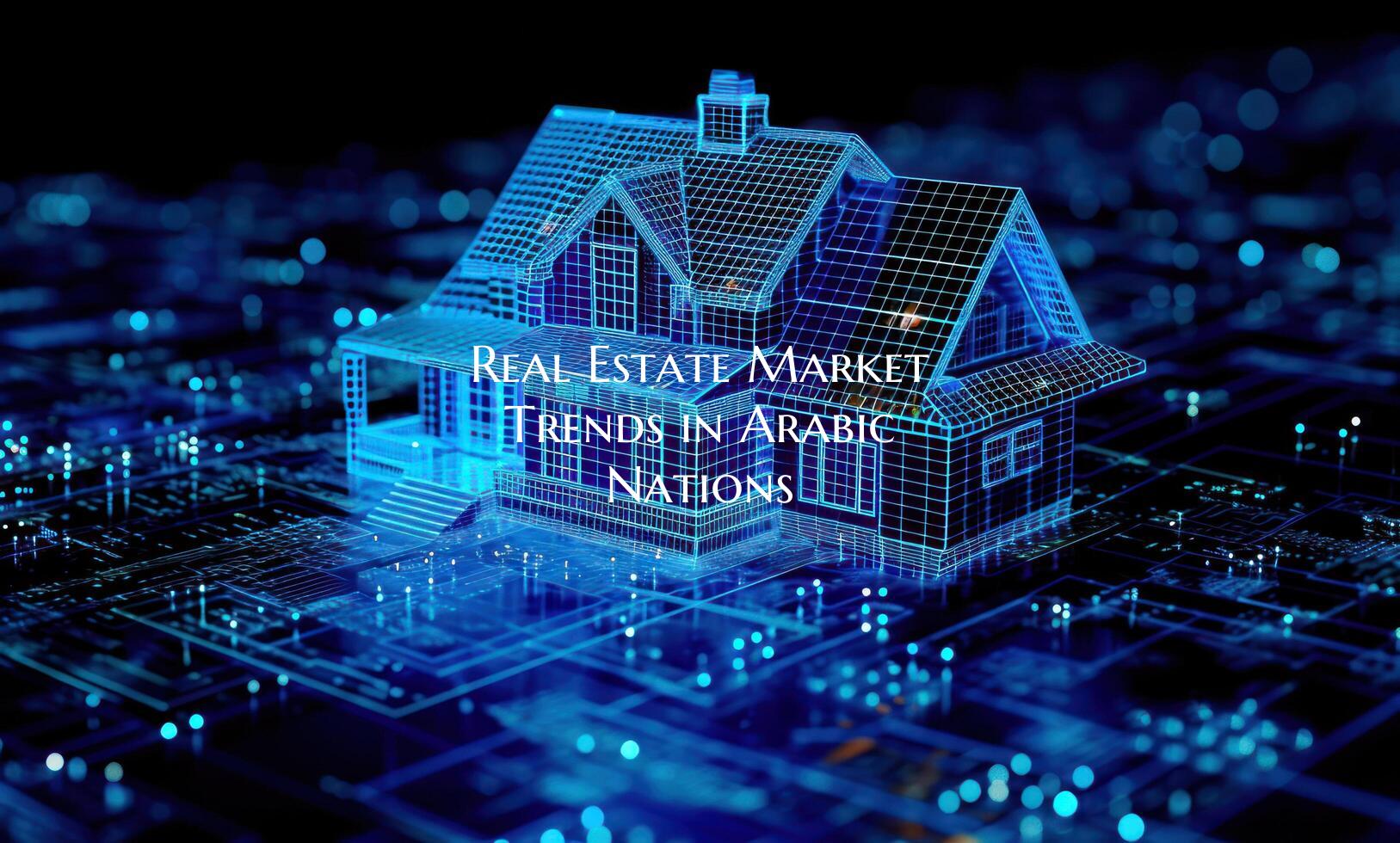Real Estate Market Trends in Arabic Nations

The real estate market in Arabic nations is vibrant and ever-evolving, reflecting the unique cultural and economic characteristics of each country in the region. In recent years, several key trends have emerged, shaping the landscape of real estate in the Arab world.
1. Urbanization and Population Growth: With rapid population growth and urbanization, there is a growing demand for housing and commercial properties in major cities across Arabic nations. As more people move to urban areas for better opportunities, real estate developers are focusing on creating mixed-use developments that cater to the diverse needs of urban dwellers.
2. Sustainable Development: Countries in the Arab world are increasingly embracing sustainable development practices in the real estate sector. This includes the incorporation of green building technologies, energy-efficient designs, and environmentally friendly materials in construction projects. Governments are also implementing regulations to promote sustainable construction practices and reduce the carbon footprint of buildings.
3. Luxury Real Estate Market: The luxury real estate market in Arabic nations continues to thrive, driven by high-net-worth individuals and foreign investors looking for premium properties in prestigious locations. Luxury residential properties, waterfront villas, and high-end commercial spaces are in high demand, especially in cities known for their luxury lifestyle offerings.
4. Technology Integration: Technology is playing a significant role in shaping the real estate market in Arabic nations. Real estate companies are leveraging digital platforms, virtual reality tools, and data analytics to enhance the customer experience, streamline property transactions, and market properties more effectively. Smart home technologies are also becoming increasingly popular among buyers seeking modern and connected living spaces.
5. Diversification of Investment Portfolios: Investors in Arabic nations are diversifying their real estate investment portfolios to mitigate risks and capitalize on emerging opportunities. In addition to traditional residential and commercial properties, investors are exploring alternative real estate asset classes such as hospitality, healthcare, logistics, and mixed-use developments to achieve higher returns and hedge against market fluctuations.
Overall, the real estate market trends in Arabic nations are dynamic and influenced by various economic, social, and regulatory factors. As these countries continue to modernize and urbanize, the real estate sector is expected to play a crucial role in driving economic growth, creating employment opportunities, and meeting the evolving needs of a growing population.
